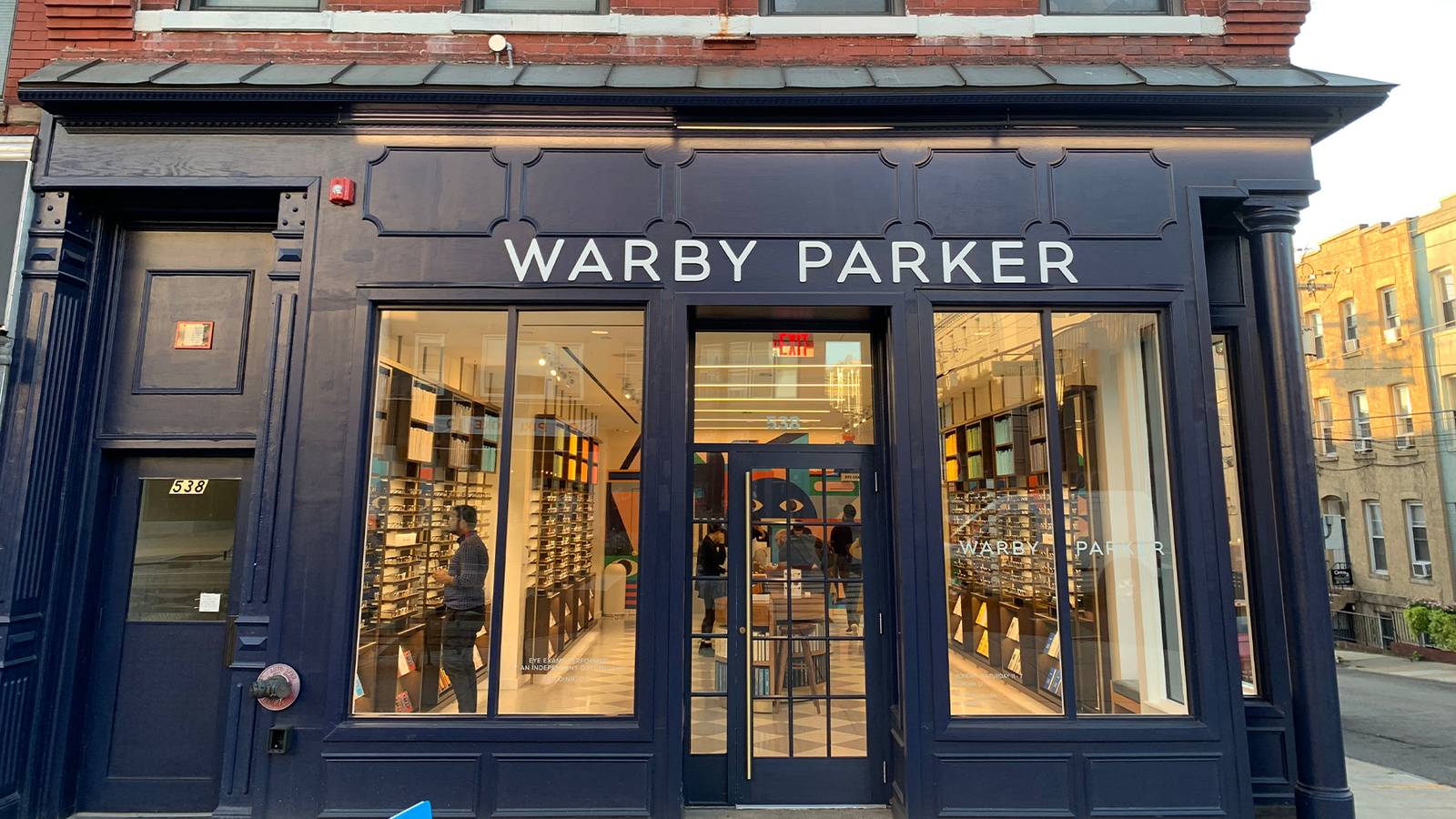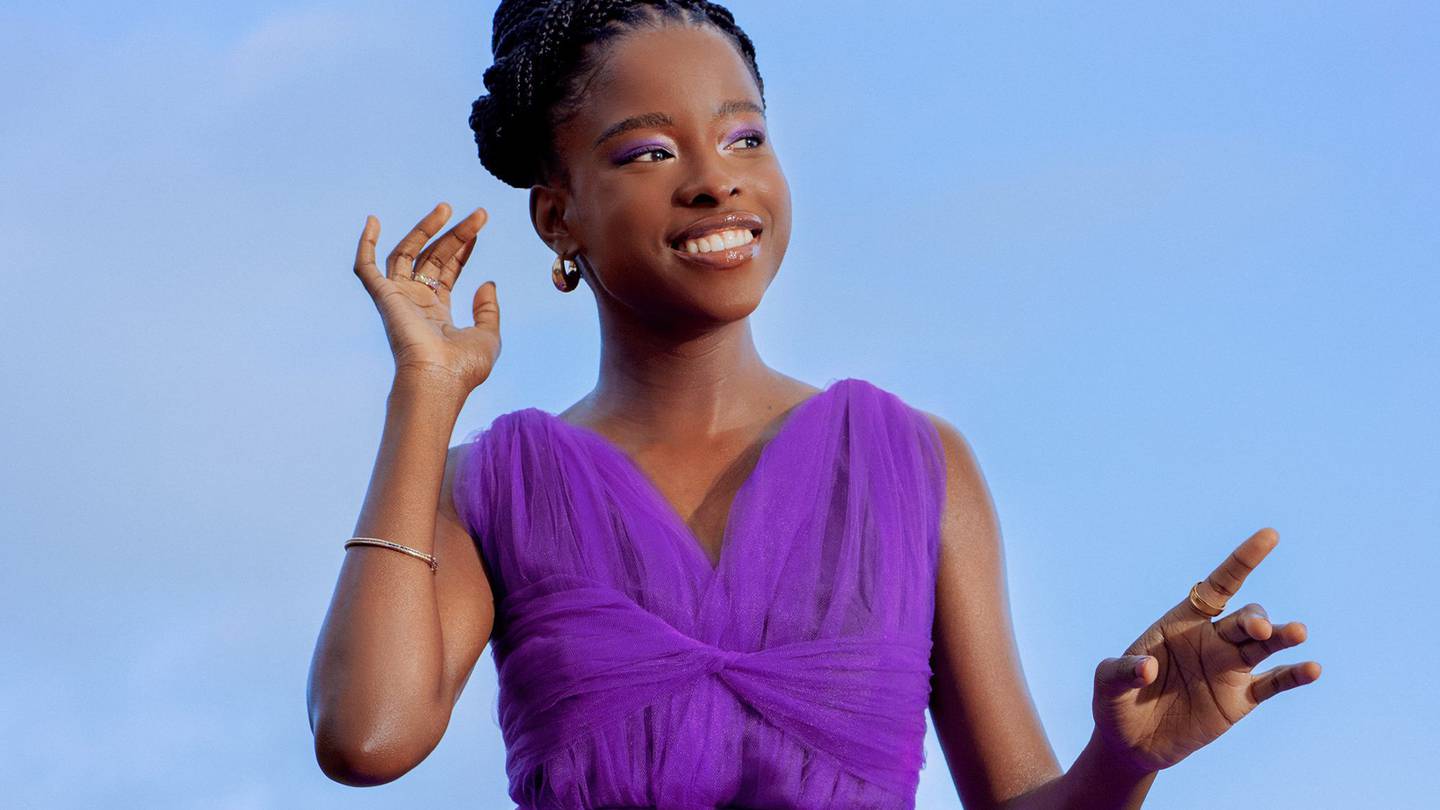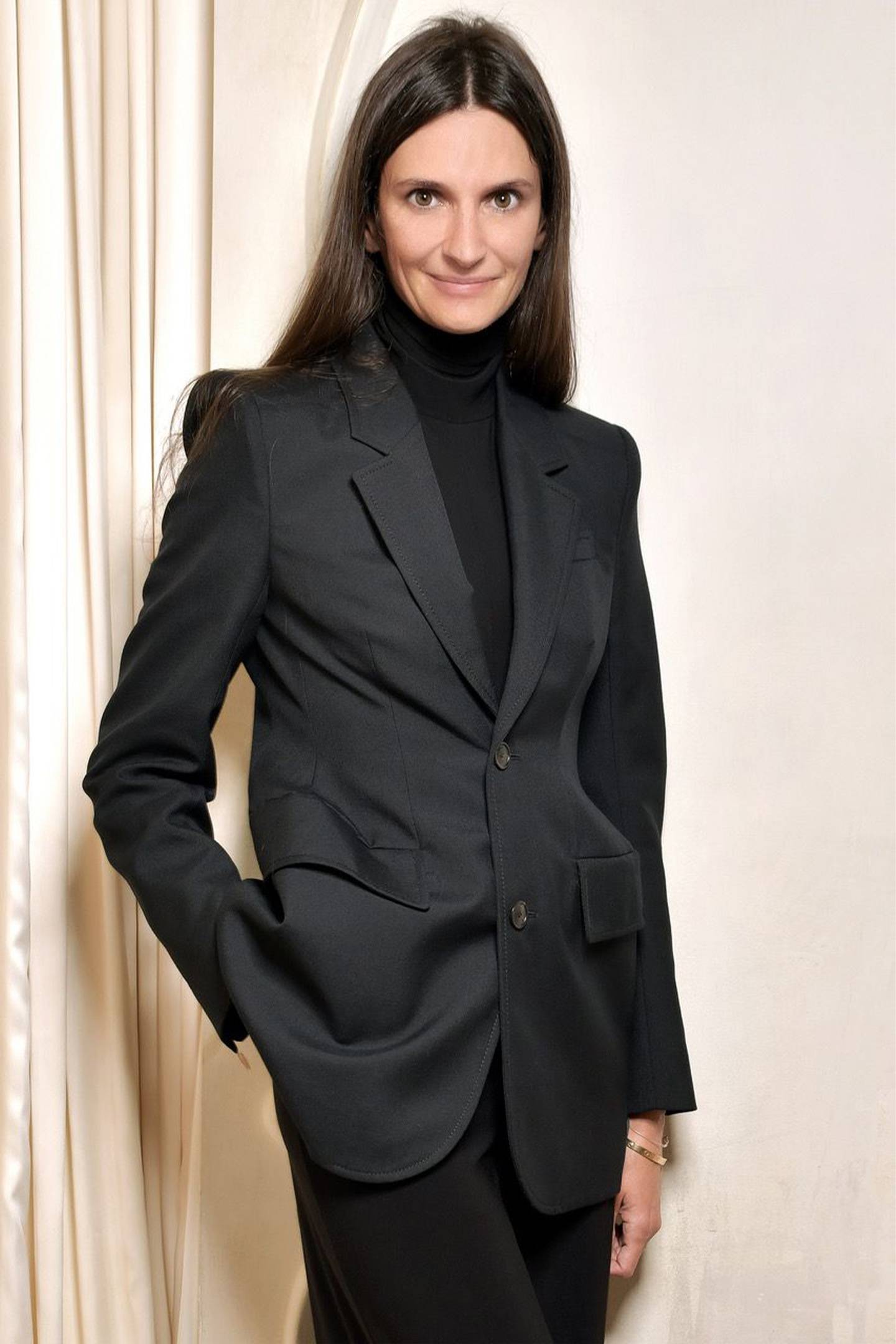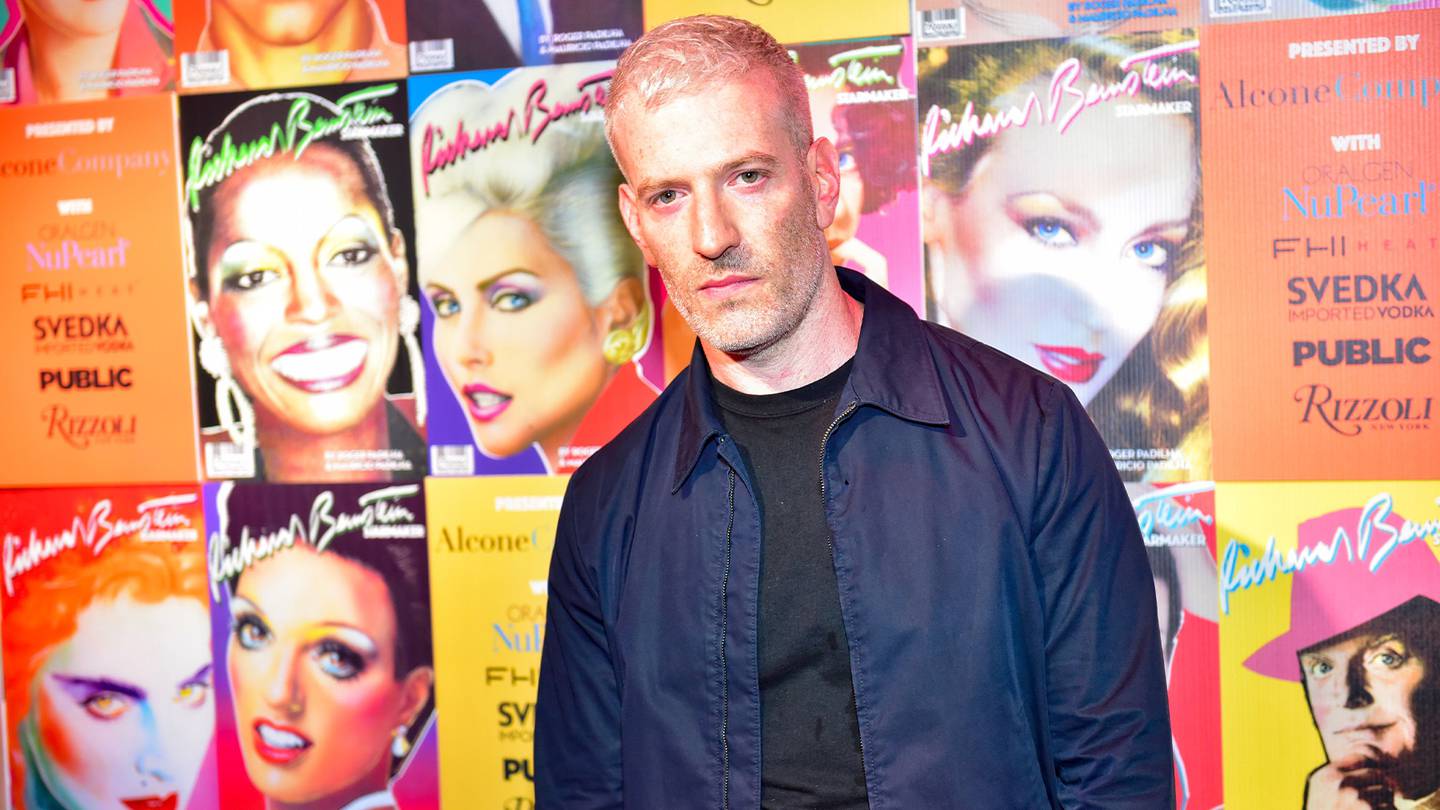The Business of Fashion
Agenda-setting intelligence, analysis and advice for the global fashion community.
Agenda-setting intelligence, analysis and advice for the global fashion community.

The direct-to-consumer revolution is heading to Wall Street.
Sustainable footwear brand Allbirds filed for a public offering on Nasdaq on Aug. 31, following fellow DTC darling Warby Parker, which filed to go public on Aug. 24.
Both brands have been instrumental in shaping the idea of a digitally native fashion brand. Warby Parker helped launch the DTC trajectory back in 2010 when it began selling eyeglasses online, cutting out industry giants like EssilorLuxottica and selling attractive frames at competitive prices. Allbirds launched in 2016 with a wool running shoe that became ubiquitous in Silicon Valley. After defying predictions the brand would be a one-hit-wonder, Allbirds’ success has challenged footwear’s established giants by emphasising its sustainability as well as its development of proprietary materials.
But even though their early strategies were radical — spend heavily on marketing to grow quickly and cut out once-essential fashion partners like wholesale retailers — the filings of Allbirds and Warby Parker indicate that in their quest for profitability, they have already started to operate more and more like the conventional brands they claimed to have disrupted. Notably, both say they foresee running substantially more stores than they currently do — Allbirds plans to add “hundreds of locations” to its current 27, while Warby Parker sees its footprint growing from more than 145 stores to over 900 in the US. (Neither filing disclosed a timeframe for these retail expansions.)
The fact that Allbirds and Warby Parker have already adjusted their approaches is a sign the DTC marketplace is maturing. Both companies started as digitally focused disruptors but pivoted to physical stores and entered into partnerships. They’ve also expanded beyond an early reliance on a standout “hero” product. Allbirds’ hero sneaker is now joined by socks, sweaters and fitness apparel while Warby Parker now also sells contact lenses.
“Being too pure about your distribution is a mistake [because] some businesses need physical, online, wholesale, and others need a mix of those things,” said Nick Brown, co-founder and managing partner of venture capital firm Imaginary. “Everyone needs to think holistically and these are both businesses that in the last five years have demonstrated they can do that.”
Despite the shifts, profitability has been elusive for both companies. While Warby Parker’s net revenue grew from $272.9 million in 2018 to $370.5 million in 2019, it recorded annual losses of $22.9 million and $55.9 million respectively, according to the New York-based company’s filings.
Allbirds reported net losses of $14.5 million in 2019 and $25.9 million in 2020, on an annual revenue of $193.7 million and $219.3 million respectively. The San Francisco start-up said it has “incurred significant net losses since inception,” noting that it anticipates it “will continue to incur losses for the foreseeable future.”
While Allbirds is opting for a traditional IPO, Warby Parker is planning a direct listing — a cheaper way to go public than an IPO because existing shares are sold instead of creating new ones so their prices don’t get diluted.
The filings of Allbirds and Warby Parker illustrate how costly it can be to run ambitious companies. Warby Parker wrote that it uses “search engines, social media platforms… and other online sources to attract consumers” and that its customer acquisition cost increased from $26 per customer in 2018 to $40 in 2020 because of its “deliberate investment in media spend.”
Meanwhile, Allbirds’ commitment to sustainability and new materials “may be more costly than we expect or may not result in the returns we anticipate.” The company said it also “may not be able to increase our revenue enough to offset our higher operating expenses.” It too relies on social media and digital marketing, and said that “as a result of our marketing efforts, it may not offset the additional marketing expenses we incur.”
Added to all that are the industry-wide pressures such as rising shipping costs and supply shortages.
It is likely that the struggles of AllBirds and Warby Parker are not unique in DTC, begging whether there might be a limit to investors’ risk appetite. Investors have given a frosty reception to other loss-making digital brands. The shares of Casper, one of the first in this group to go public in 2020, have lately been trading at around $5.13, down 57 percent from the company’s IPO price of $12 in February 2020. Meanwhile, e-commerce retailers and platforms, such as Farfetch and Revolve, which depend less on the success of a single product or brand, have made a more convincing case they can scale while limiting losses. Farfetch hit profitability in February 2021, more than two years after it went public.
Still, brands like Warby Parker and Allbirds have a feel-good aura with consumers, and that may carry over to investors. “There are enough consumers out there who believe [these companies] put people and the planet ahead of everything,” said Michael Levin, a business professor at Otterbein University in Ohio.
Brand values that resonate with consumers can have a big top-line impact. For example, consumers clocked when Warby Parker said it donated more than 8 million pairs of glasses under its buy-one-give-one programme. And the brand’s marketing makes a point of regularly underscoring that its eyeglasses sell at fair prices. Allbirds, meanwhile, focuses on “renewable, natural materials and responsible manufacturing” and sells shoes that it says carry 30 percent less of a carbon footprint than other sneakers.
In turn, Warby Parker reported 100 percent sales retention over 48 months. The company said in its filing that is uncommonly high for the eyeglasses industry, which typically has low brand loyalty. In 2020, 54 percent of Allbirds sales were made by repeat customers, a jump from 46 percent in 2019.
Numbers such as those give Imaginary’s Brown reason to be bullish. “It’s not a question of if, but when” the companies will turn a profit, he said. “There are many examples of companies… that were not profitable and went onto becoming success stories. It’s less about ‘are you profitable today’ and more ‘your [finances] will allow you to be profitable over time.’”
Brown added that the overall DTC market may benefit from Allbirds and Warby Parker going public, given the additional financial transparency required of public companies that will provide richer insights and a benchmark for DTC strategies generally.
“It’s exceptionally important for our businesses to go public so that investors have more data,” Brown said. “Warby and Allbirds didn’t have lots of companies to see what works. They had to build this from scratch and I’m hoping to have a series of data points.”
Otterbein University’s Levin said Allbirds and Warby Parker could serve as a cautionary tale for founders who aren’t factoring profitability early into their business plan.
“You need to have a sense of how you will get to profitability,” Levin said. “Every start-up loses money in the first few years, that’s expected. But you need to figure out the actual plan to achieve that, while you keep your eye on expenses.”
These last IPO announcements come on the heels of MyTheresa, Poshmark, Thredup, The Honest Company and Figs all going public this year. AKA Brands and Authentic Brands Group have also filed to go public soon, and with Rent the Runway reportedly on deck, 2021 is shaping up to be a record year for fashion IPOs.
THE NEWS IN BRIEF
FASHION, BUSINESS AND THE ECONOMY

Dolce & Gabbana presents its Alta Moda show in Venice. The Italian brand hosted over 400 clients and celebrities on Aug. 29, including Jennifer Lopez, Sean Combs, Dame Helen Mirren and Kitty Spencer, in the city’s St Mark’s Square for a lavish couture presentation. The event also generated some backlash, particularly on social media, due to past controversies the brand has faced for racial insensitivity and outright racism, as well as sexism and anti-gay statements.
Paris Fashion Week to include 37 physical runway shows. Balenciaga is set to return to the Paris schedule, the first of Kering’s major brands to return to the traditional calendar after showing outside organised fashion weeks during the pandemic. Others planning a return to Paris include Rick Owens, who staged his recent shows on the Venice Lido, and Rome-based Valentino, which has remained in Italy in recent seasons due to coronavirus concerns.
Pre-owned platform WatchBox invests in De Bethune brand. Watchbox chief executive Justin Reis told Reuters in April that the independent Swiss watch manufacturer was one of the fastest-growing brands on the Watchbox platform. De Bethune was founded in 2002 and is led by watchmaker Denis Flageollet and chief executive Pierre Jacques, who will remain with the brand after the deal closes.
Joe’s Jeans owner Sequential Brands files for bankruptcy. The move comes after many retailers that carry Sequential’s brands were closed for part of last year, denting revenues. In late 2020, the company said it was considering a sale as part of a broad “exploration of strategic alternatives” in an effort to maximise shareholder value. Jessica Simpson’s family has offered to buy her brand from Sequential for $65 million.
Zara enters high-low collaboration space with Kassl Editions collection. The Spanish company’s tie-up with the Dutch collective, best known for its $900 utilitarian coats and luxe padded Pillow Bags, will span ready-to-wear and home goods. It is set to debut at this year’s Salone del Mobile.
American Eagle online sales drop on easing Covid-19 curbs, shares slump. The retailers reported a quarterly revenue increase of 35 percent to $1.19 billion, missing estimates of $1.23 billion on Thursday.
China’s JNBY group annual net profit up 86.7 percent. The Chinese fashion retailer’s revenue was up 33 percent year-on-year with a total revenue of 4.13 billion yuan ($638.56 million) for the year ended June 30.
Fifty organisations representing Sri Lankan and Bangladeshi workers call for Covid-19 protections. Workers unions and labour advocacy groups called on factory managers, governments and international apparel brands to protect garment workers amid a surge of the delta variant of Covid-19 in Sri Lanka and Bangladesh.
Kanye West unveils Balenciaga album merch. The collection that accompanied the long-awaited release of his 10th studio album “Donda” was “engineered by Balenciaga,” according to West’s site and includes four black long sleeve T-shirts, one with printed with the year 2024, a potential nod to the artist’s presidential ambitions.
Prada and Theaster Gates launch experimental design hub in Chicago. The luxury group and Dorchester Industries, Chicago-based artist Theaster Gates’ design and manufacturing studio, are teaming up to create a three-year programme to provide artists and designers of colour with financial support and creative opportunities.
THE BUSINESS OF BEAUTY

Estée Lauder Companies inks three-year deal with poet Amanda Gorman. As part of the deal, the beauty giant will give $3 million over three years to a literacy initiative called Writing Change. Gorman, who is the youngest inaugural poet in US history, will appear in her first Estée Lauder campaign in spring of next year.
Olaplex files for IPO. The California-based beauty brand known for its premium hair repair products plans to list its shares on Nasdaq under the symbol OLPX. The company reported net sales of $282.3 million in 2020, a 90 percent year-on-year increase. For the first six months of 2021, net sales have totalled $270.2 million.
Givaudan invests $80 million to expand Mexican production. A fragrances and active cosmetic ingredients manufacturer, Givaudan will invest 75 million Swiss francs ($80 million) to support its growth in Latin America by expanding its Pedro Escobedo production plant located in Querétaro, Mexico.
Jennifer Aniston set to launch beauty brand. The actress announced the name and launch date of her upcoming beauty brand, LolaVie, on Instagram on Thursday, with a post linking to the LolaVie brand account. The brand, which initially filed a trademark application to create skin and hair care products in July 2019, will launch on September 8.
PEOPLE

Balenciaga appoints Ludivine Pont as chief marketing officer. Pont joins from Moncler, where she served as worldwide marketing and communication director at a time when the skiwear brand was ramping up its “Genius” designer collaboration programme. The CMO role is a newly-created position at Kering-owned Balenciaga, which has been reinforcing its marketing and press operations as the label aims to continue scaling up.
Camille Miceli named artistic director of Pucci. Louis Vuitton’s former accessories chief, an industry insider known for her lively personality and commercial touch, takes over the creative reins of the Italian label effective immediately.
Kendall Jenner appointed creative director at Forward. The Revolve-owned luxury e-tailer has named the model and reality TV star its creative director. In her new role, Jenner will curate brand and product edits, oversee the site’s look and have a hand in marketing and brand partnerships.
MEDIA AND TECHNOLOGY

Mel Ottenberg named editor-in-chief of Interview Magazine. Ottenberg, known for styling Rihanna and other celebrities, will publish his first issue as editor-in-chief in October. He succeeds Nick Haramis in the top role. Ottenberg first joined Interview as creative director in May 2018, just after the publication filed for bankruptcy and relaunched with the help of undisclosed investors.
China threatens to ban e-commerce sites that flout IP laws. E-commerce platforms will be restricted from online business operations or even have their licenses revoked if they fail to deal with serious violations of IP rights by vendors on their platforms, according to a draft revision of the law posted by the State Administration for Market Regulation, which is tightening oversight of companies like Alibaba and Pinduoduo.
Amazon launches in South Korea in partnership with 11st. The American retail giant has expanded into the lucrative Korean market by linking up with local e-commerce player 11st (also known as 11 Street), allowing shoppers to buy tens of millions of products directly from the latter platform, The Korea Herald reports.
Compiled by Joan Kennedy.